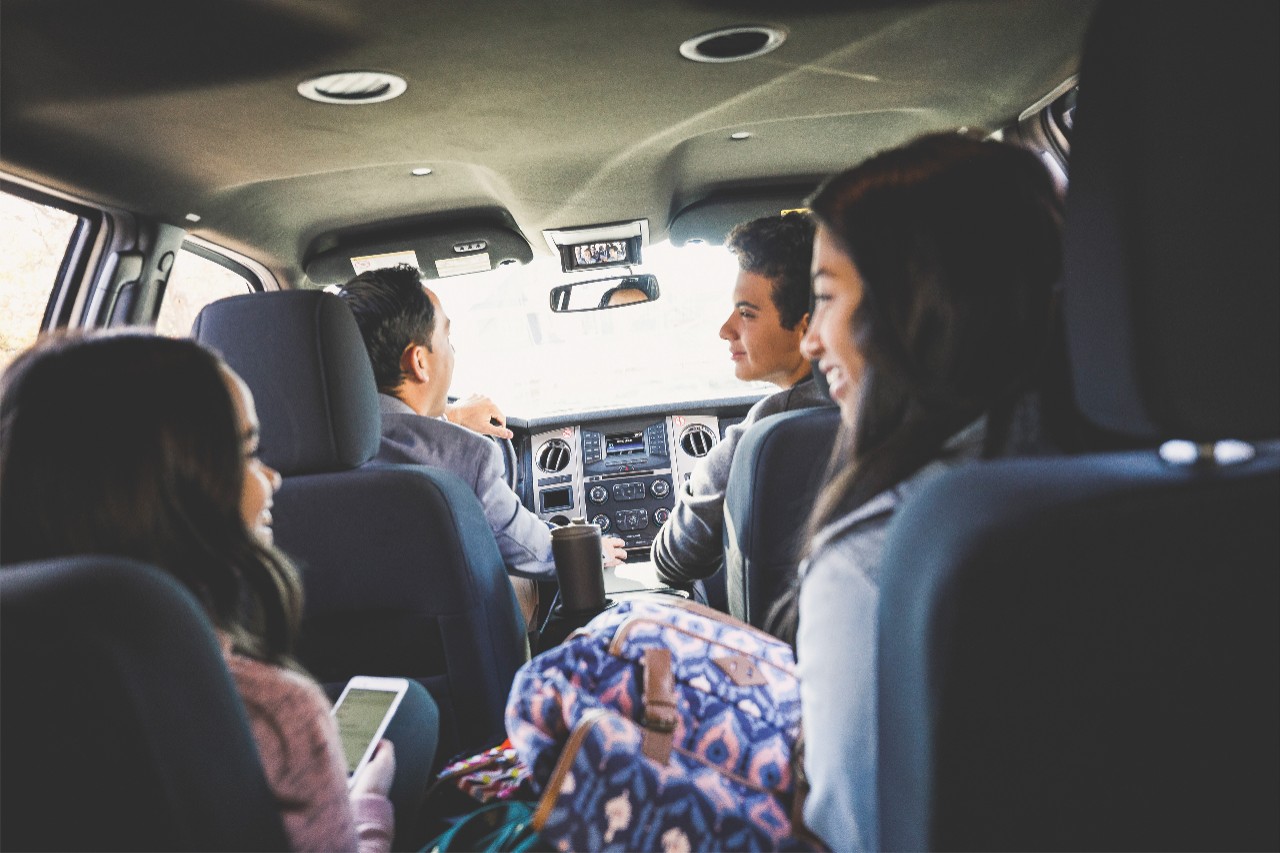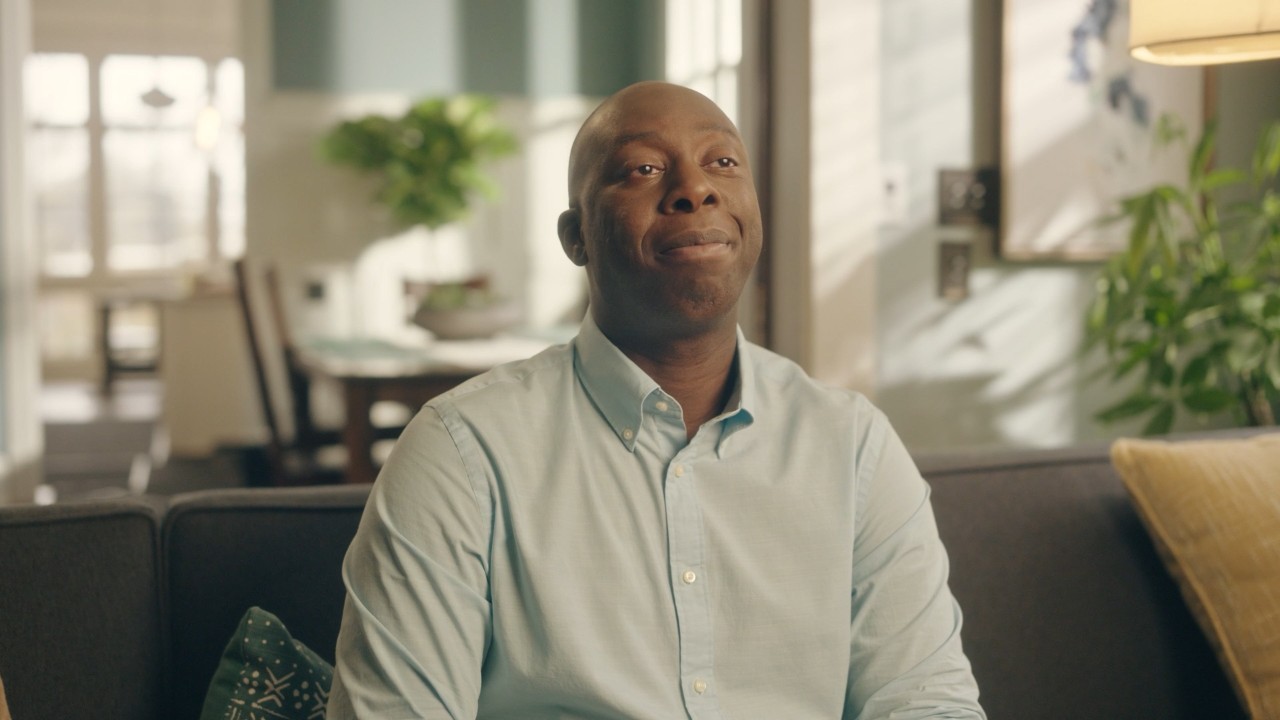
4 Ways to Save Money on Car Insurance
Save money on car insurance by following the speed limit, keeping your credit score up, choosing your car carefully and making sure you get all the auto insurance discounts you qualify for.

Car insurance is one of the most common types of insurance out there. You know you need it, but do you know what kind of coverage you need? Do you know how much?
In this article, we’ll discuss the six most common types of car insurance coverage:
All six types of car insurance are equally important to make sure you’re protected in the event of a car accident.
Find out more about car insurance
Find out more about car insurance
Liability Coverage protects you if you cause damage to others, including both personal injury and property damage. It can help recover another person’s medical bills or costs to repair their car and property damaged during the accident.
Most states have legal minimums to how much Auto Liability Coverage you must have. When you have the right amount of Liability Coverage, that usually means fewer out-of-pocket costs. In other words, pay a little more now so you don’t pay a lot more later.
There are two types of Liability protection: Bodily Injury Liability and Property Damage Liability.
Bodily Injury Liability: If you cause an accident and others are injured, your Bodily Injury Liability Coverage can provide protection for costs related to medical expenses, lost wages and legal fees.
Property Damage Liability: If you cause an accident, your Property Damage Liability Coverage can cover the damage to property (other than your car) resulting from the accident.
Work with an insurance agent to make sure you have the right amount of Liability Coverage.
Collision Coverage protects your car from damage in any type of collision, whether another driver is involved or not. It helps pay for the costs of car repairs.
If you collide with another driver on the road, Collision Coverage protects you regardless of fault in the accident. Alternatively, it’ll also protect you in an accident where you’re the only driver; if you hit a tree or mailbox, for example.
While it does protect your car, Collision Coverage does not reimburse medical bills, lost wages or anything else beyond repairs to your car.
Comprehensive Coverage also covers repairs to your car, but only for damage caused by scenarios other than a collision. This includes things like:
Theft
Vandalism
Weather and natural disasters
Fire
Animal damage
Basically, Comprehensive Coverage protects you from the unexpected. And if you’re an experienced driver, you know it’s smart to expect the unexpected.
If you’re in an accident with another driver who doesn’t have car insurance, Uninsured Motorist Coverage picks up the slack. It pays for damage to your car, medical costs and lost wages resulting from the accident (up to the policy limits).
If the other driver has limited auto insurance that isn’t enough to cover the costs of the accident, Underinsured Motorist Coverage kicks in to cover the rest of the costs (again, up to the policy limits).
Medical Payments Coverage, or “MedPay”, pays for medical expenses for you and your passengers following a car accident, regardless of who is at fault. It covers:
Medical expenses: This includes hospital bills, doctor fees, treatment costs, medications and more.
Ambulance fees: Getting a ride to the hospital can be expensive, and MedPay can help.
Passenger coverage: Personal Injury Protection can extend to any passengers in your car who might’ve been injured.
Medical Payments Coverage is optional in most places, but it might be a smart choice if your finances can’t support sudden medical costs, or if you frequently drive with passengers.
Personal Injury Protection (or “PIP”) Coverage pays for medical expenses for you and your passengers following a car accident, regardless of who’s at fault. It's only available in select states.
If that sounds exactly like Medical Payments Coverage, it’s because they’re similar, but PIP coverage is more comprehensive. In addition to the coverage listed above, Personal Injury Protection also covers:
Lost wages: If you’re injured and can’t work, it can help cover a portion of lost income.
Rehabilitation: Helps with the costs of physical or occupational therapy, if needed.
Funeral expenses: Should you pass away in a car accident; it can help alleviate the financial burden of a funeral on your family.
Personal Injury Protection covers a bit more than what’s listed here, but these are the basics. For an in-depth look, learn more about Personal Injury Protection Coverage.
Your car insurance can stretch beyond the coverages we’ve listed thus far. For extra protection (and extra cost), you can add a-la-carte coverage to enhance your insurance.
New Car Replacement Insurance: This coverage helps protect your investment in a new car purchase. If your new car sustains severe damage in a covered accident, most insurance companies will only pay you the current market value of your car. COUNTRY's The Keeper® will pay you for a brand-new car, same make and model as long as the cost of the damages exceeds the new car pricing1. Ask your insurance agent about The Keeper for full details on how this coverage works.
Auto Glass, Windshield Repair & Replacement Coverage: Covers damage to headlights, taillights, and car windows.
Emergency Roadside Assistance: Reimburses the cost of emergency aid should you become stranded on the road. It covers things like towing, locksmith fees, flat repairs and more.
Rental Car Coverage: Most car insurance policies offer sufficient protection for rental cars, but this additional coverage can add an additional layer of security.
Personal Effects Coverage: Protects any belongings—like your phone or laptop—if they’re stolen from your car.
Hopefully, this article has helped take the confusion out of car insurance coverage.
If you’re ready to add coverage or change your insurance policy, talk to your insurance agent—they can help you determine how much coverage you need, answer any questions and provide an auto insurance quote.
Updated 7-18-24

Save money on car insurance by following the speed limit, keeping your credit score up, choosing your car carefully and making sure you get all the auto insurance discounts you qualify for.

Car insurance protects you if you have an accident or your car is damaged or stolen. Auto insurance coverage does not pay for mechanical repairs or maintenance.

If you're in an accident with someone who doesn’t have car insurance, rely on uninsured motorist coverage and great claim service from COUNTRY Financial.
Start a quote or call us at 866-COUNTRY (866-268-6879). Find out more about car insurance.
Contact your rep or call us at 866-COUNTRY (866-268-6879). Find out more about car insurance.
1 Restrictions and other guidelines may apply. See policy for details.
COUNTRY Financial® is a family of affiliated companies (collectively, COUNTRY) located in Bloomington, IL. Learn more about who we are.
Auto insurance policies issued by COUNTRY Mutual Insurance Company®, COUNTRY Preferred Insurance Company® and COUNTRY Casualty Insurance Company®, Bloomington, IL.
We take pride in providing accurate, truthful information in our articles. See our editorial standards to learn more.